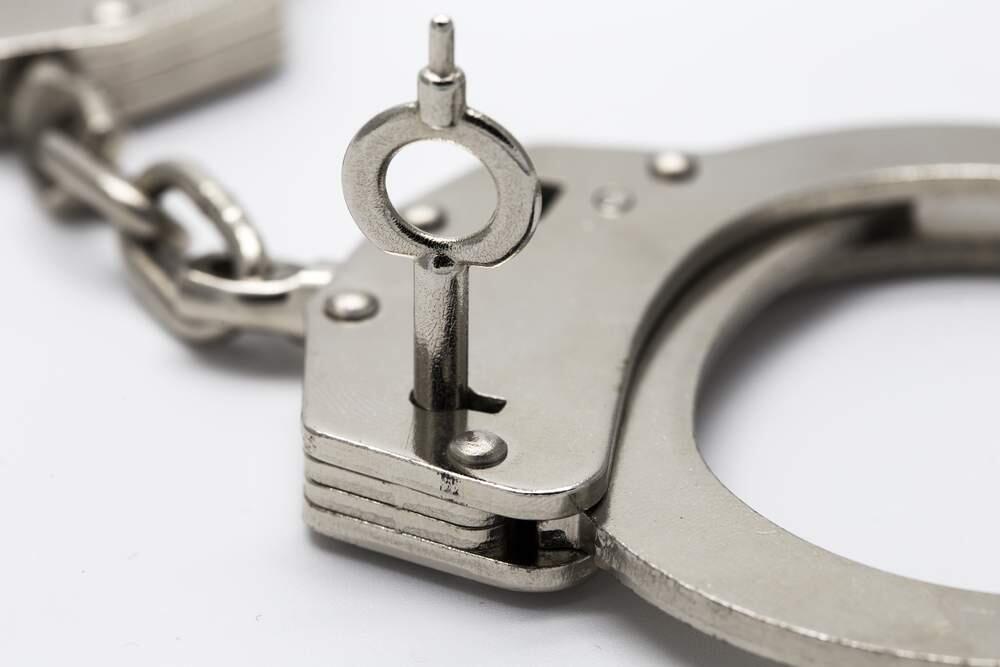Pacifier And Thumb-Sucking: When Should Your Child Stop?

Welcome to your ultimate source for breaking news, trending updates, and in-depth stories from around the world. Whether it's politics, technology, entertainment, sports, or lifestyle, we bring you real-time updates that keep you informed and ahead of the curve.
Our team works tirelessly to ensure you never miss a moment. From the latest developments in global events to the most talked-about topics on social media, our news platform is designed to deliver accurate and timely information, all in one place.
Stay in the know and join thousands of readers who trust us for reliable, up-to-date content. Explore our expertly curated articles and dive deeper into the stories that matter to you. Visit Best Website now and be part of the conversation. Don't miss out on the headlines that shape our world!
Table of Contents
Pacifier and Thumb-Sucking: When Should Your Child Stop?
Many parents wonder when their child should stop using a pacifier or sucking their thumb. It's a common developmental milestone with varying timelines and potential consequences. This article explores the nuances of pacifier and thumb-sucking, offering guidance on when to wean your child and how to manage the process smoothly.
Understanding the Habit
Pacifier and thumb-sucking are natural reflexes for infants, offering comfort and security. For some, it's a soothing mechanism that extends beyond infancy. While these habits are generally harmless in early childhood, prolonged use can lead to potential dental and speech issues.
Potential Problems of Prolonged Use
Dental Issues: Prolonged sucking habits, especially after the eruption of permanent teeth, can cause problems like:
- Malocclusion: This refers to misalignment of the teeth and jaws, potentially requiring orthodontic intervention like braces.
- Open bite: A gap between the upper and lower front teeth.
- Crossbite: Where the upper teeth sit inside the lower teeth.
- Overjet: Protrusion of the upper teeth.
Speech Problems: In some cases, persistent thumb or pacifier sucking can affect speech development, particularly articulation.
When to Start Weaning
The American Academy of Pediatric Dentistry (AAPD) recommends weaning from a pacifier by age 3 and ceasing thumb-sucking by age 4. However, individual children develop at different rates. Consider these factors:
- Age: While the AAPD guidelines are a good benchmark, observe your child's development and readiness.
- Frequency and Intensity: Occasional sucking is less concerning than habitual, intense sucking.
- Dental Impact: Consult your dentist or orthodontist if you notice any signs of dental misalignment.
- Child's Readiness: Forcefully weaning a child can lead to increased anxiety and stress. Look for signs of readiness, such as reduced reliance on the pacifier or thumb.
How to Wean Your Child
Weaning requires patience and positive reinforcement:
- Gradual Reduction: Instead of abruptly stopping, gradually reduce the use of the pacifier or limit thumb-sucking to specific times.
- Positive Reinforcement: Reward your child with praise and small rewards for progress.
- Distraction Techniques: Offer alternative comfort objects, such as a special blanket or stuffed animal.
- Replace the Pacifier: If using a pacifier, consider offering a smaller one or one with less nipple satisfaction.
- Set Realistic Goals: Be prepared for setbacks. Positive reinforcement and consistency are key.
- Avoid Punishment: Punishment is counterproductive and can increase anxiety.
- Professional Guidance: If you struggle with weaning, consider seeking advice from your pediatrician or a child psychologist.
Addressing Concerns and Seeking Professional Help
If you notice significant dental changes or speech impediments, consult a dentist or orthodontist and a speech therapist as early as possible. Early intervention is crucial for optimal outcomes. Furthermore, if your child demonstrates significant anxiety or distress related to weaning, seeking support from a child psychologist can be beneficial.
Conclusion
Weaning your child from a pacifier or thumb-sucking is a gradual process that requires patience and understanding. By following these guidelines and working closely with your child, you can help them transition smoothly and minimize potential dental or speech problems. Remember, every child is different, so adjust your approach to suit your child's individual needs and developmental stage. Early intervention and a positive approach are key to a successful outcome.

Thank you for visiting our website, your trusted source for the latest updates and in-depth coverage on Pacifier And Thumb-Sucking: When Should Your Child Stop?. We're committed to keeping you informed with timely and accurate information to meet your curiosity and needs.
If you have any questions, suggestions, or feedback, we'd love to hear from you. Your insights are valuable to us and help us improve to serve you better. Feel free to reach out through our contact page.
Don't forget to bookmark our website and check back regularly for the latest headlines and trending topics. See you next time, and thank you for being part of our growing community!
Featured Posts
-
 S And P 500 Extends Winning Streak Market Rebounds After Moodys Downgrade
May 21, 2025
S And P 500 Extends Winning Streak Market Rebounds After Moodys Downgrade
May 21, 2025 -
 Comedian Tim Dillon Slams Dork Politicians In Cnn Interview
May 21, 2025
Comedian Tim Dillon Slams Dork Politicians In Cnn Interview
May 21, 2025 -
 Ny Ag James Attacks Doj Probe Amid Trump Legal Battles
May 21, 2025
Ny Ag James Attacks Doj Probe Amid Trump Legal Battles
May 21, 2025 -
 Streaming Now A Wwi Epic Starring Daniel Craig Cillian Murphy And Tom Hardy
May 21, 2025
Streaming Now A Wwi Epic Starring Daniel Craig Cillian Murphy And Tom Hardy
May 21, 2025 -
 Supreme Court Justices Alito And Roberts A Look Back At Their Tenures
May 21, 2025
Supreme Court Justices Alito And Roberts A Look Back At Their Tenures
May 21, 2025
Latest Posts
-
 British Runner William Goodge Conquers Australia With Record Breaking Run
May 21, 2025
British Runner William Goodge Conquers Australia With Record Breaking Run
May 21, 2025 -
 Post Brexit Britain Navigating New Economic And Political Landscapes
May 21, 2025
Post Brexit Britain Navigating New Economic And Political Landscapes
May 21, 2025 -
 Police Report Church Desecration In Santa Rosa By Two Juvenile Offenders
May 21, 2025
Police Report Church Desecration In Santa Rosa By Two Juvenile Offenders
May 21, 2025 -
 Post Office Data Breach Victims Awarded Compensation
May 21, 2025
Post Office Data Breach Victims Awarded Compensation
May 21, 2025 -
 Persistent Shower Chances And Colder Temperatures This Week
May 21, 2025
Persistent Shower Chances And Colder Temperatures This Week
May 21, 2025
